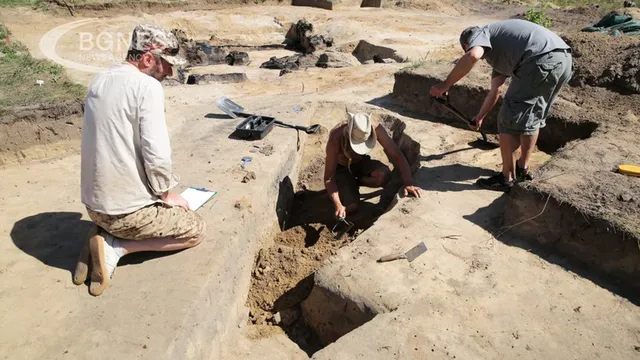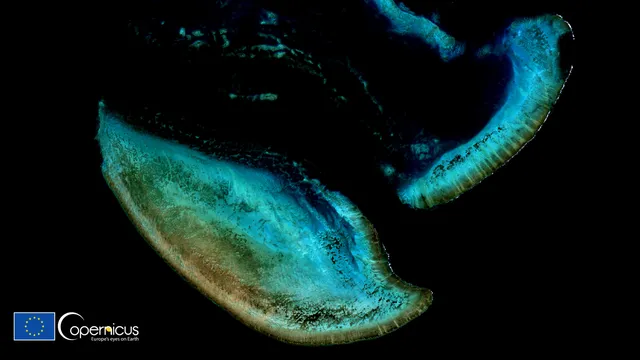Scientists studying ancient human remains unearthed in Colombia have found that the people they studied have no known ancestors or modern descendants, CNN reported.
In a study published in the journal Science Advances, a team of researchers reported on the genetic data of 21 individuals whose remains were found in the Bogota Altiplano in central Colombia, some of whom lived 6,000 years ago and belonged to a previously unknown population.
Previous studies have shown the existence of two lineages, North American and South American, that developed after humans first arrived on the continent across an ice bridge from Siberia and began moving south.
The latter split into at least three sub-lineages, whose movements have been traced to South America, but scientists still don’t know when the first humans moved from Central America to South America.
The study helps map the movements of the first settlers, who were nomads, hunters and gatherers, said study author Andrea Casas Vargas, a researcher at the Universidad Nacional de Colombia. It also found that they had unique DNA.
Casas Vargas said the team was very surprised to find that the remains did not share DNA with other people in the genetic archive.
“We did not expect to find lineages that had not been recorded in other populations,” she said.
Casas Vargas stressed that Colombia’s position as an entry point to South America makes it significant for our understanding of the peoples of the Americas.
“This study is very important because it is the first to sequence complete genomes in ancient samples from Colombia. The results raise questions about “where they came from and why they disappeared. We are not sure what happened at that time that caused their disappearance, whether it was due to environmental changes or whether they were replaced by other population groups. Further studies will provide some answers. Our next studies will look for other archaeological remains from other regions of the country and analyze them at the genetic level to complement this first discovery,” she added.
Christina Warner, a professor of scientific archaeology at Harvard University, says that Colombia “is a key region for understanding the settlement of South America ... but until now it has been a blank spot in the study of ancient DNA of the Americas.”
"This study highlights the deep history of migration and population mixing in the formation of today's populations and points to Central America as a key region that influenced the development of complex societies in both North and South America," Warner said. | BGNES

 Breaking news
Breaking news
 Europe
Europe
 Bulgaria
Bulgaria







